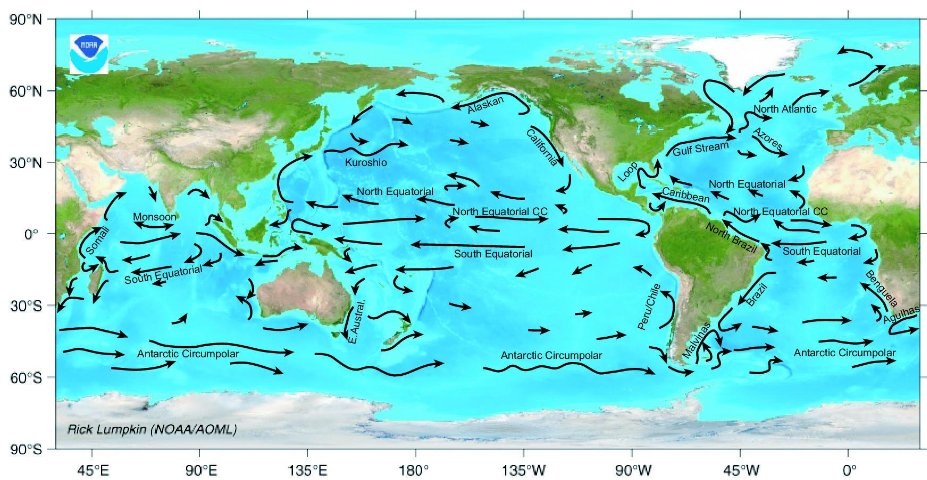I did not think for one second Trump was going to end up the nominee. I did not think he thought. I did not think he was serious. I still have my doubts. But people are saying otherwise.
Thoughts on the state of the GOP race -- and why I've become a lot less skeptical of Trump's chances: https://t.co/apm5unqN4h
— Nate Silver (@NateSilver538) January 21, 2016the textbook on Trump is that he’d be a failure along virtually every dimension that party elites normally consider when choosing a nominee: electability (Trump is extremely unpopular with general election voters); ideological reliability (like Sarah Palin, Trump’s a “maverick”); having traditional qualifications for the job; and so forth. Even if the GOP is mostly in disarray, my assumption was that it would muster whatever strength it had to try to stop Trump. ...... Rubio would seem to have the best shot. He’s easily the most conservative of the four, has the best favorability ratings and can make perhaps the best electability argument. ...... if I were ranking the four establishment candidates’ chances of eventually defeating Trump and Cruz, I’d put Rubio first .....All I can see (and I have not been following closely at all) is that the race might get competitive.there’s room for near-daily momentum shifts before New Hampshire votes.
...... Things are lining up better for Trump than I would have imagined, however. It’s not his continued presence in the race that surprises me so much as the lack of a concerted effort to stop him.
